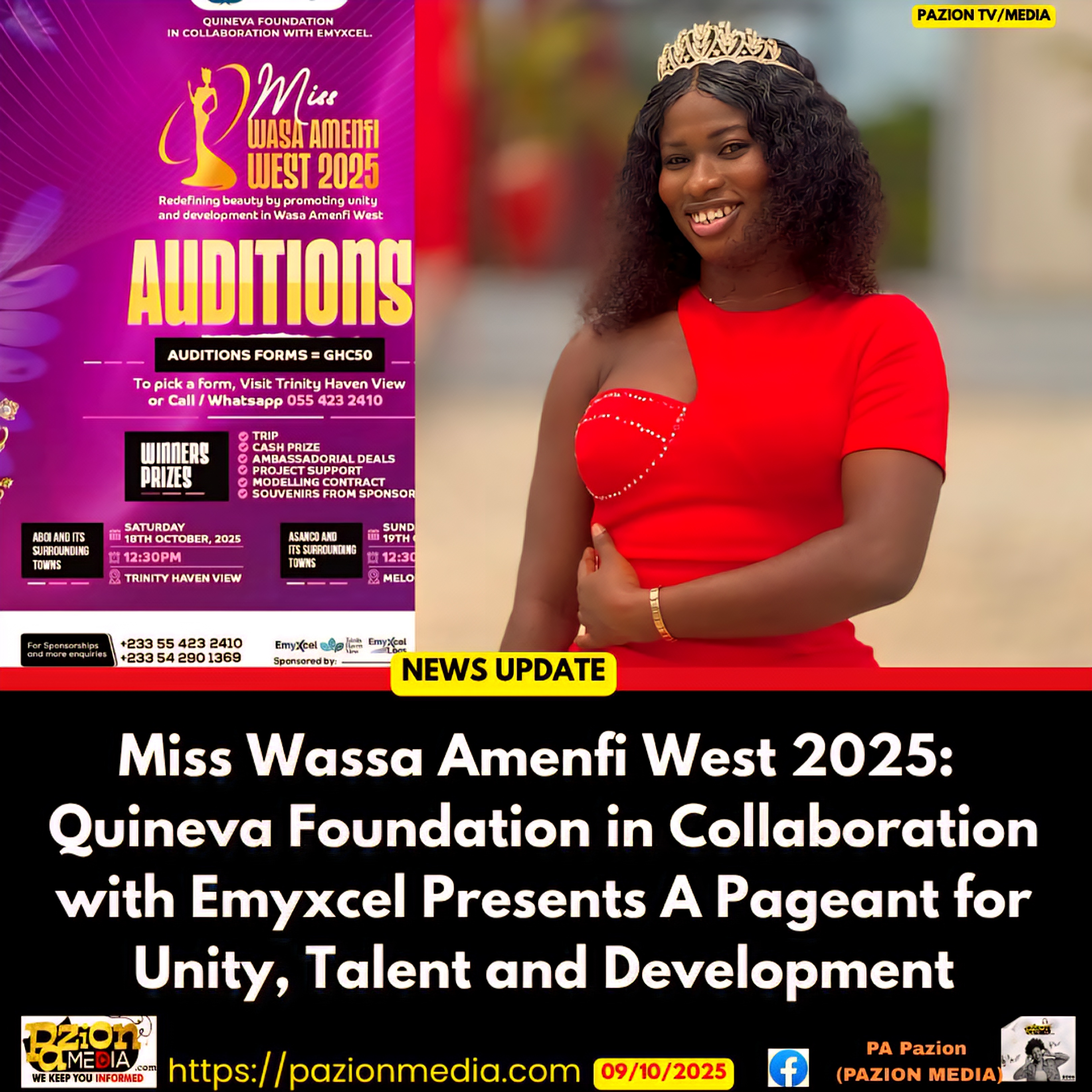Over the past few years, there has been a growing conversation around Nigerian Afrobeats music taking over Ghanaian music in Ghana. Many have attributed this to Nigeria’s more widespread digital presence and investment in music promotion, as well as the country’s ability to produce high-quality sound.
However, the prevalence of Nigerian music in Ghana is not a new phenomenon. In fact, around 2007 to 2009, American hip-hop and pop music dominated the Ghanaian music scene, with many Ghanaians preferring to listen to American music over their own local genres. This was partly due to the availability of pirated CDs and DVDs containing American music, which were more affordable and accessible than CDs from Ghanaian musicians. This trend was particularly popular among SHS students, who were heavily influenced by the lifestyle and music of American artists like Lil Wayne and Birdman.
In response to the trend of foreign music taking over the Ghanaian music scene, musicians like Obour, Okyeame Kwame, and Richie Mensah released a song called “Killing the Game,” which highlighted the issue and urged Ghanaians to support their local music industry. However, not everyone was in agreement; musician Obrafour released a diss track called “Kasiebo,” which argued that hip-life was not dead and that music is a dynamic art form that evolves over time.
Despite these disagreements, some Ghanaian musicians took matters into their own hands by creating a new sound that blended elements of hip-hop and local Ghanaian music. For example, Richie Mensah introduced a new style of music called Crunk, which was embraced by artists like Okyeame Kwame, Asem, Bradez, Eaasy Baby, and Irene Logan. Hammer of the Last Two also followed suit with the Crunk-styled production when Ayibge Edem collaborated with Kwaw Kesse and Up and Coming Sarkodie. This new sound helped to reignite the love for Ghanaian music among Ghanaians, and soon the popular Azonto music genre emerged, with even foreign artists joining in on the trend.
The lesson to be learned from this history is that Ghanaians are a creative and innovative people who can take control of their music space if they make intentional efforts to do so. While it is true that Nigerian music currently dominates the Ghanaian music scene, there is still plenty of room for Ghanaian musicians to carve out their niche and create music that resonates with their audiences. With the right support and promotion, Ghanaian music can once again become a force to be reckoned with on the African music scene.
Ebenezer Ansah Boafo
 Pazionmedia.com Pazion Media l Latest News l Politics l Sports l Entertainment
Pazionmedia.com Pazion Media l Latest News l Politics l Sports l Entertainment



